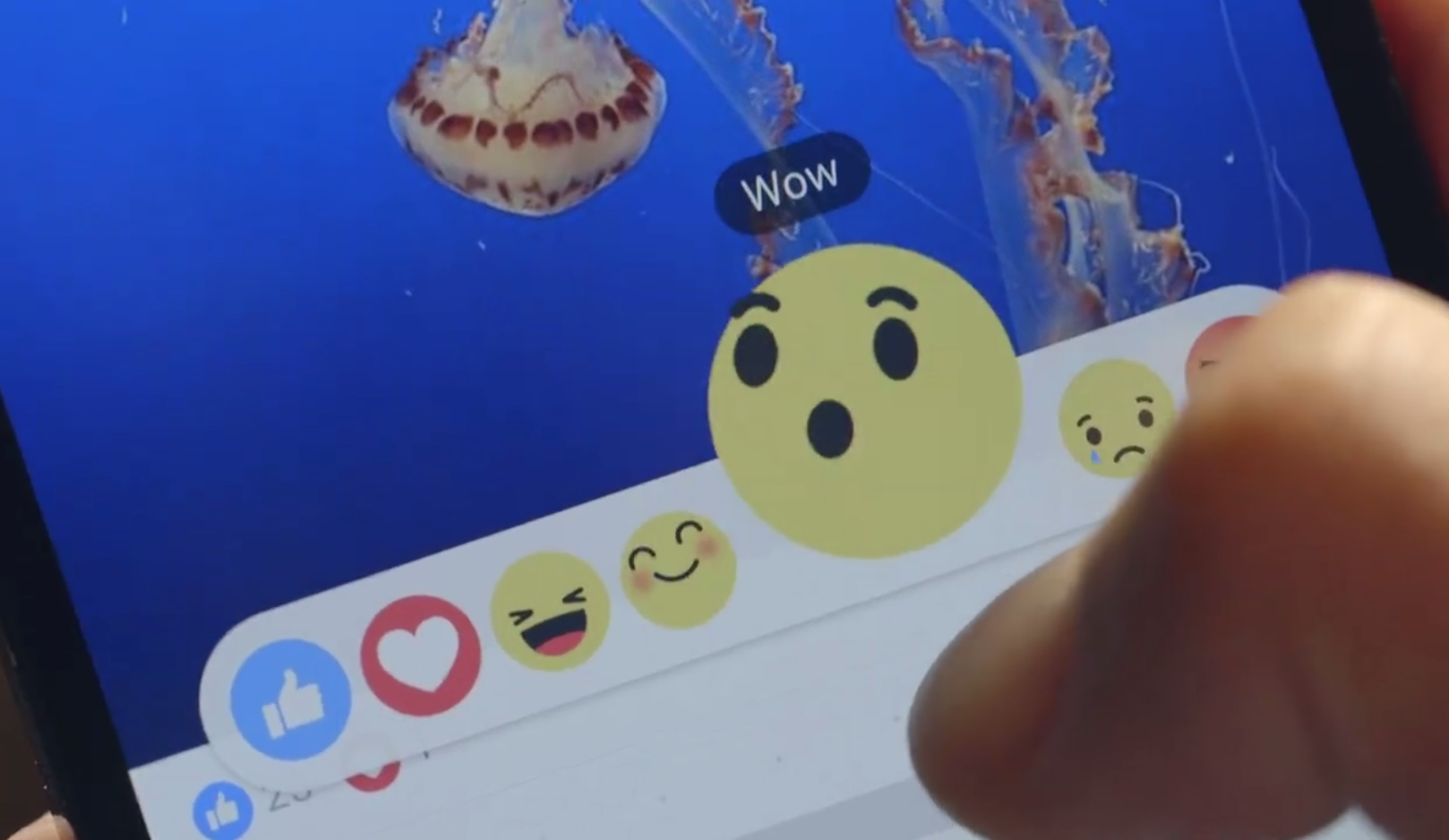One of the more interesting segments of the Quantified Self ecosystem involves health tracking. As platforms like Apple’s Healthkit and Google Fit begin to outline the new marketplace, Quantified Health could become a vital part of the connected self’s daily routine, as well as a new media channel through which brands can communicate with consumers. Here is just a small sample of health-tracking products going far beyond activity tracking.
What is Quantified Health?
Quantified Health is the sector of the market of wearables, apps, and sensors that monitor the way a user’s body and lifestyle perform on a daily basis. This creates data that can provide feedback on activity, leading to a positive impact on the way a person lives.
Sensoria
Sensoria is a line of “smart garments” with sensors embedded in the fabric. Socks can track common activities—step counts, speed, distance—but also can understand gait and foot placement to accurately analyze walking or running patterns. Its shirts and sports bras can function as an extension to a heart rate monitor. All of the products sync with a mobile device via Bluetooth.
Bellabeat
Bellabeat is a suite of devices to intelligently track a pregnancy. The company offers a stylish wristband that tracks an expectant mother’s activity, stress, nutrition and sleep quality. Additionally, Bellabeat manufactures a non-ultrasound pregnancy monitor that can record and share a baby’s heartbeat, as well as send music to the baby in the womb. Rounding out the suite is a smart scale for both the mother and the baby.
Muse
There are a few meditation wearables on the market, but they usually come as part of a larger fitness package. Muse is the only meditation headband that we’ve come across — its sensors detect brainwaves, like a miniature EEG machine. The app provides goals for relaxation sessions, which are meant to reduce the intensity of brainwave patterns.
What opportunities does Quantified Health present to advertisers?
The advertising potential in Quantified Health products could open an entirely new channel to consumers. Apps can deliver branded content emphasizing fitness and health as users begin to integrate the technology into their lifestyle, and the surplus of data will present a more granular picture of demographics and user identities. Finally, the technology itself can be used to drive users toward purchase, with in-app marketplaces or deals.

